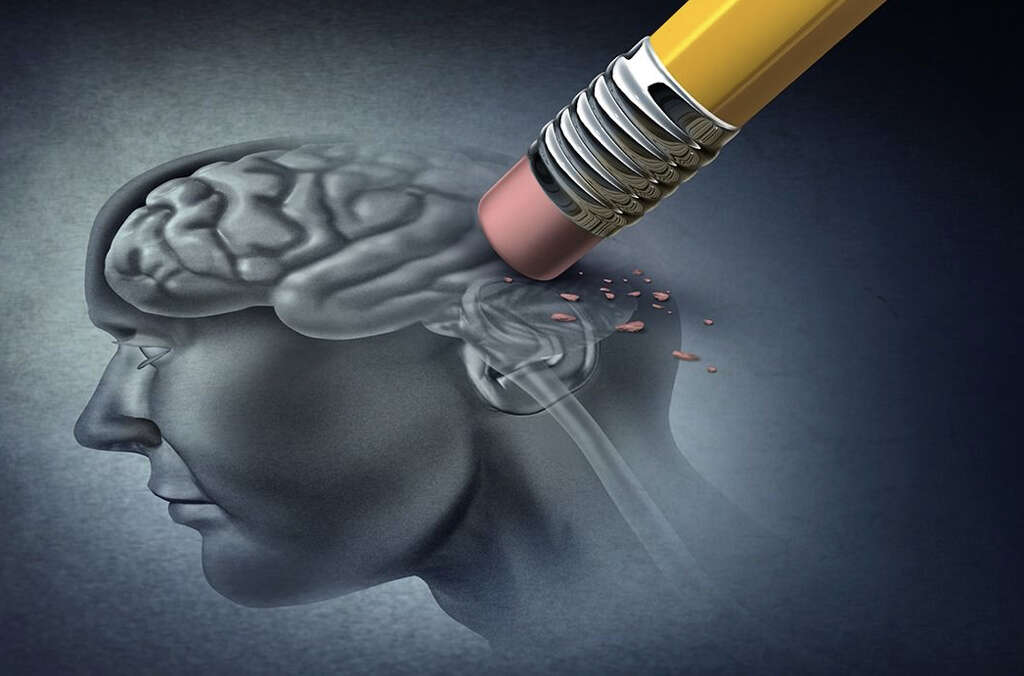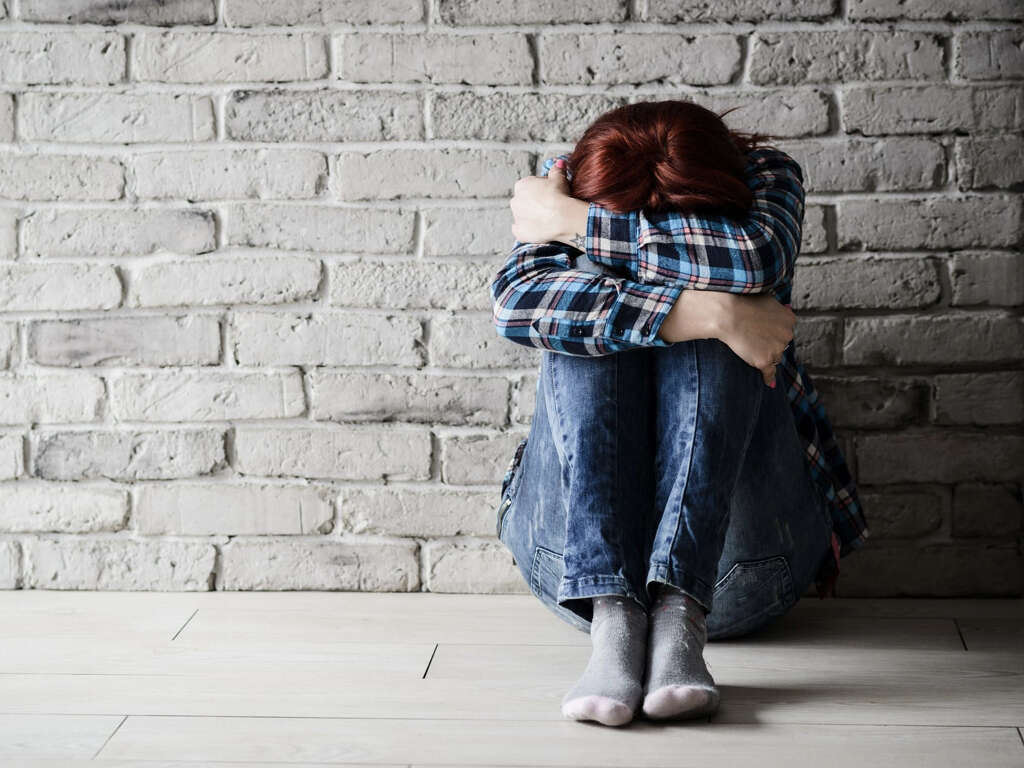What Is a Psychotic Episode?
We have yet to find anything that is more complex than the human brain. It is able to perform an astonishing number of calculations all of the time, surpassing the ability of super computers. As with everything else that is so complex, however, there is also a lot that can go wrong.
Mental health conditions are surprisingly common, although some are worse than others are. Some will have only a minor impact on the patient’s life, while others will have changed the patient’s life in a very profound manner. One of these is psychosis, and psychotic episodes are experiences that can be terrifying for the patient, and for others.

1. Psychopathy
Psychosis is often confused with psychopathy, but the two are very different things. Somebody who is a psychopath is one who basically has little to no empathy for other people. They tend to have little to no remorse for their actions, regardless of how much their actions might be hurtful to other people.
Psychopaths also tend to be egotistical and also bold. If in a business situation, for example, a psychopath may pursue their own business interests with no consideration for other people. They are often intelligent and manipulative, and can do a great deal of harm without caring. A psychopath can also be psychotic, but they usually are not.

2. Psychotic Episodes
The brain has a lot of information to process at any one time. If you were to have difficulty processing this information then it can become very difficult for you to know and understand what is going on around you. A psychotic episode is an event where the patient’s brain has great difficulty in processing what is happening around them.
Psychotic episodes can be extremely disturbing for the patient as they struggle to cope with what their brains are telling them. They can struggle to acknowledge things that are going on around them, and they can also see and hear things that are not around them.

3. The Prodromal Period
For some reason, when psychosis happens for the first time it usually happens in young adults and teenagers, although it can develop in older people as well. Before psychosis actually occurs, a lot of people will go through what is known as the prodromal period.
During the prodromal period, the patient will likely undergo profound changes in their personality. Their thoughts and their behavior can change a great deal, but this might sometimes just be put down to adolescence in some people. The experience will be different for everybody, and the prodromal period can last from just a few days – to years.

4. Causes
There is a lot that we still don’t know about psychosis and what causes it, but we do know that some people are at higher risk than others. One of these is that it appears to be hereditary in some cases. In addition, some diseases like Alzheimer’s and Parkinson’s are thought to make it more likely.
Damage caused by strokes, injuries, and tumors can also make more psychosis more likely. What’s more is that people that use certain drugs like LSD, methamphetamines, and marijuana are also more likely to have a psychotic episode. In some cases, it is also bought on by extreme emotional trauma like sexual assault and being involved in serious incidents.

5. Warning Signs of Psychosis
Although there is a lot that we do not know about psychosis, we are often able to recognize the symptoms that one is soon to begin. If people are at school or college, for example, then a drop in their grades can be a sign that there’s a problem. The patient might sometimes also start spending more time alone than they usually would, and they can become irrationally suspicious of other people.
In some cases, the patient can also stop taking proper care of themselves and their hygiene standards can drop. Some patients will begin reacting unusually strongly to some situations, while others will appear to have no emotions whatsoever. Patients can also begin to have mild hallucinations.

6. Disturbed Thought Patterns
One of the symptoms of a psychotic episode is that the patient will sometimes experience confusing and erratic thought patterns. Some will begin to talk constantly and they can speak very rapidly; so rapidly that it can be difficult to keep up with what they are saying.
At times, they might suddenly stop speaking or doing whatever they were doing. This is often because they can suddenly and completely forget what they were doing or talking about. They can also sometimes change from one topic to another when they are talking, leaving people confused as to what the discussion is about.

7. Hallucinations
Among the most characteristic symptoms of a psychotic episode is that the patient will begin to hallucinate. Basically, this means that they will start to experience sensations from things that simply do not exist. For example, they can begin to see things that are just not there, or hear sounds that do not exist.
It applies to the other senses also, and the patient can taste flavors for no reason, and smell aromas that don’t exist.
They can even feel as though something or somebody is touching them, even when they are not. It can be a terrifying experience as the patient is often unaware that they are hallucinations. Some patients will begin to learn when they are hallucinating, helping them to cope with it better.

8. Delusions
Most of us are generally quite good at keeping fairly grounded in reality, and we are mostly able to tell fiction from reality. We might sometimes be mistaken or mislead, but we will usually accept the reality of what is happening within reason at least.
This is not the always the case for people experiencing psychosis, however. People with psychosis will often experience delusions, which means that they believe certain things to be true against all evidence. For example, some people might be convinced that they are the reincarnation of an ancient person, or that nefarious organizations are trying to do them harm.

9. Postnatal Psychosis
After having a baby, some women will experience post-natal depression, which is a type of depression. Most people won’t get it and, of those that do, the symptoms can range in severity from being very mild, to being outright dangerous. In some cases, post-natal depression can even develop into a type of psychosis.
A patient with postnatal psychosis can experience symptoms including hallucinations and disturbed thought patterns. In addition, they can also experience mania, which is an extremely elevated mood. Adversely, they can also experience depression. Anybody suspected of experiencing postnatal psychosis, or postnatal depression, should arrange to speak with their doctor.

10. Treatment
Treatment for psychosis tens to involve the use of anti psychotic medications that can help to at least reduce the severity of the symptoms. Psychotic episodes can be very dangerous for the patient, and also for others around them, so it is often necessary to have the patient hospitalized.
Patients with psychosis will also require therapy in order to help them cope with the condition. They will be taught certain skills that will help them to deal with the symptoms as and when they happen. It is also important for the patient’s family to get involved as much as possible so the patient gets all the support they need.












